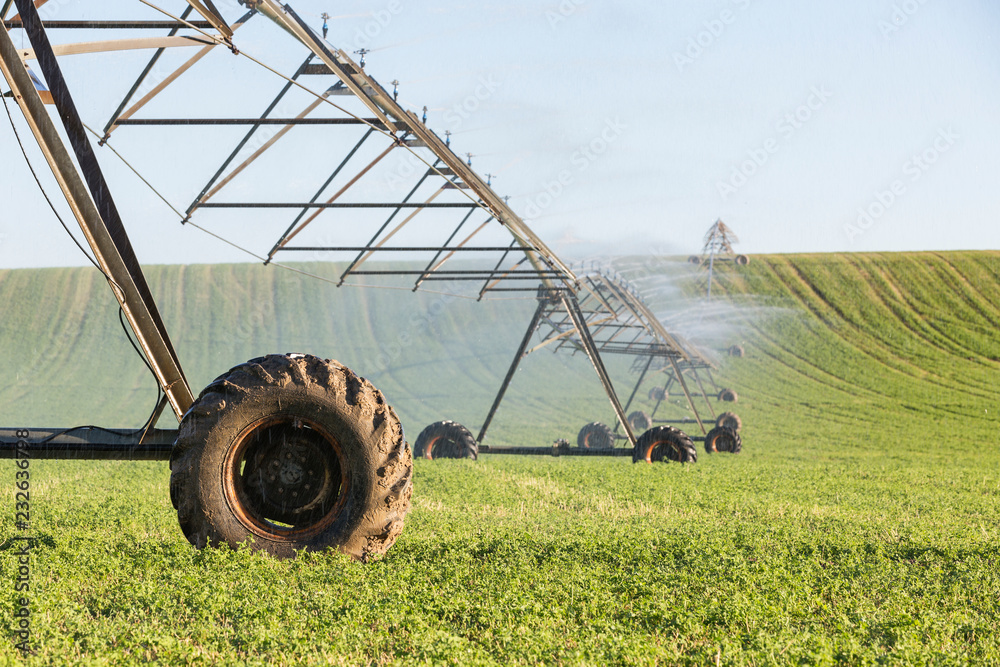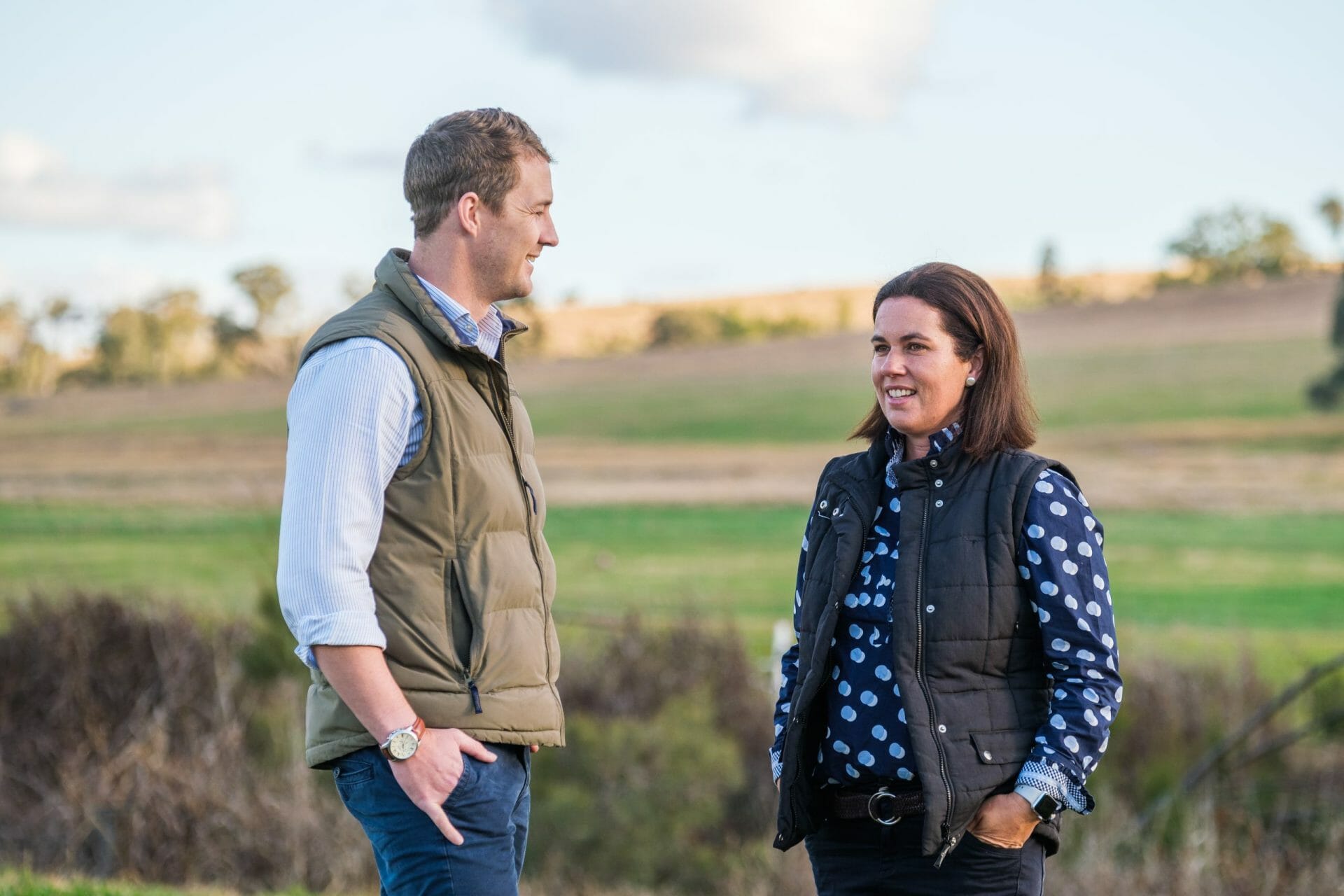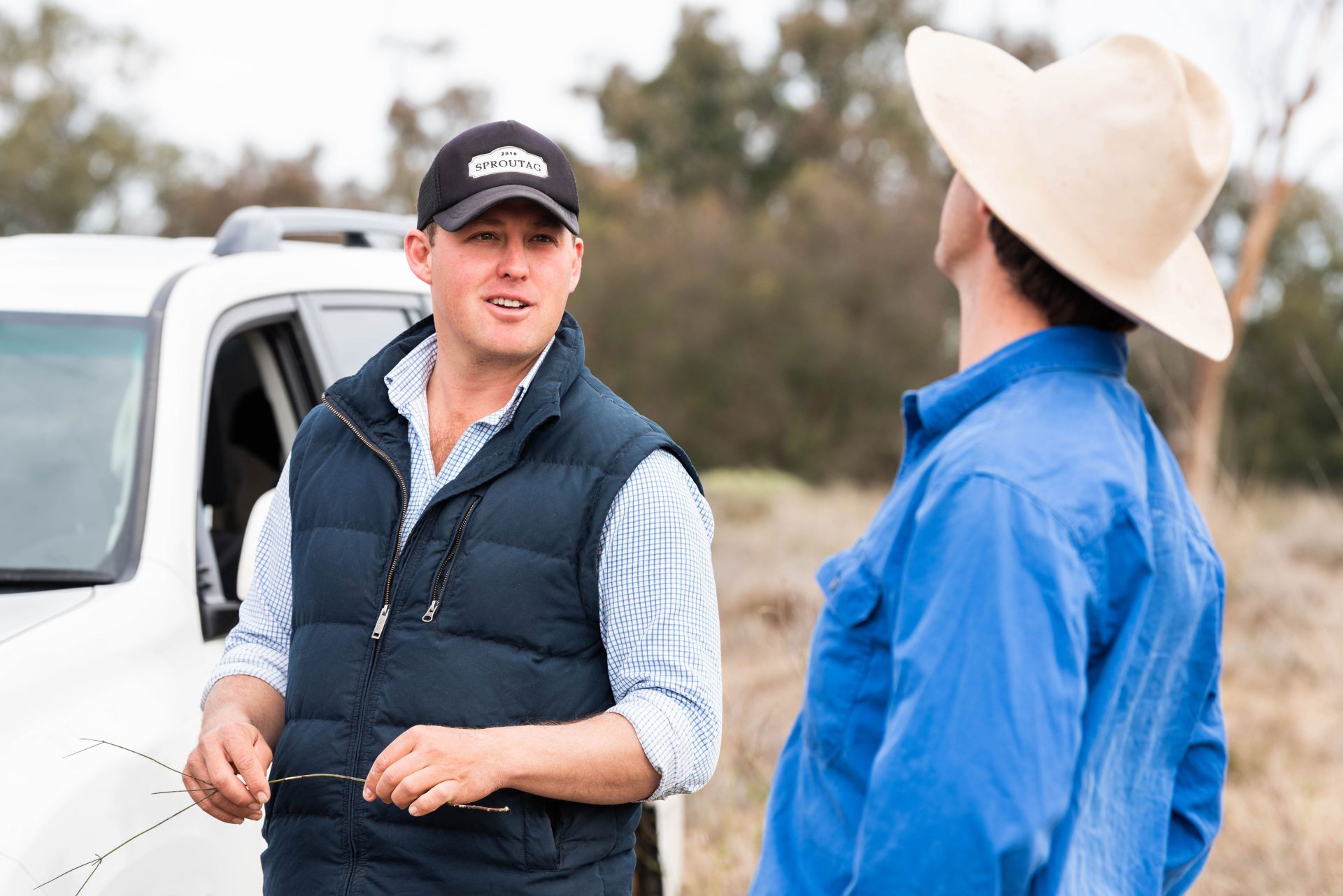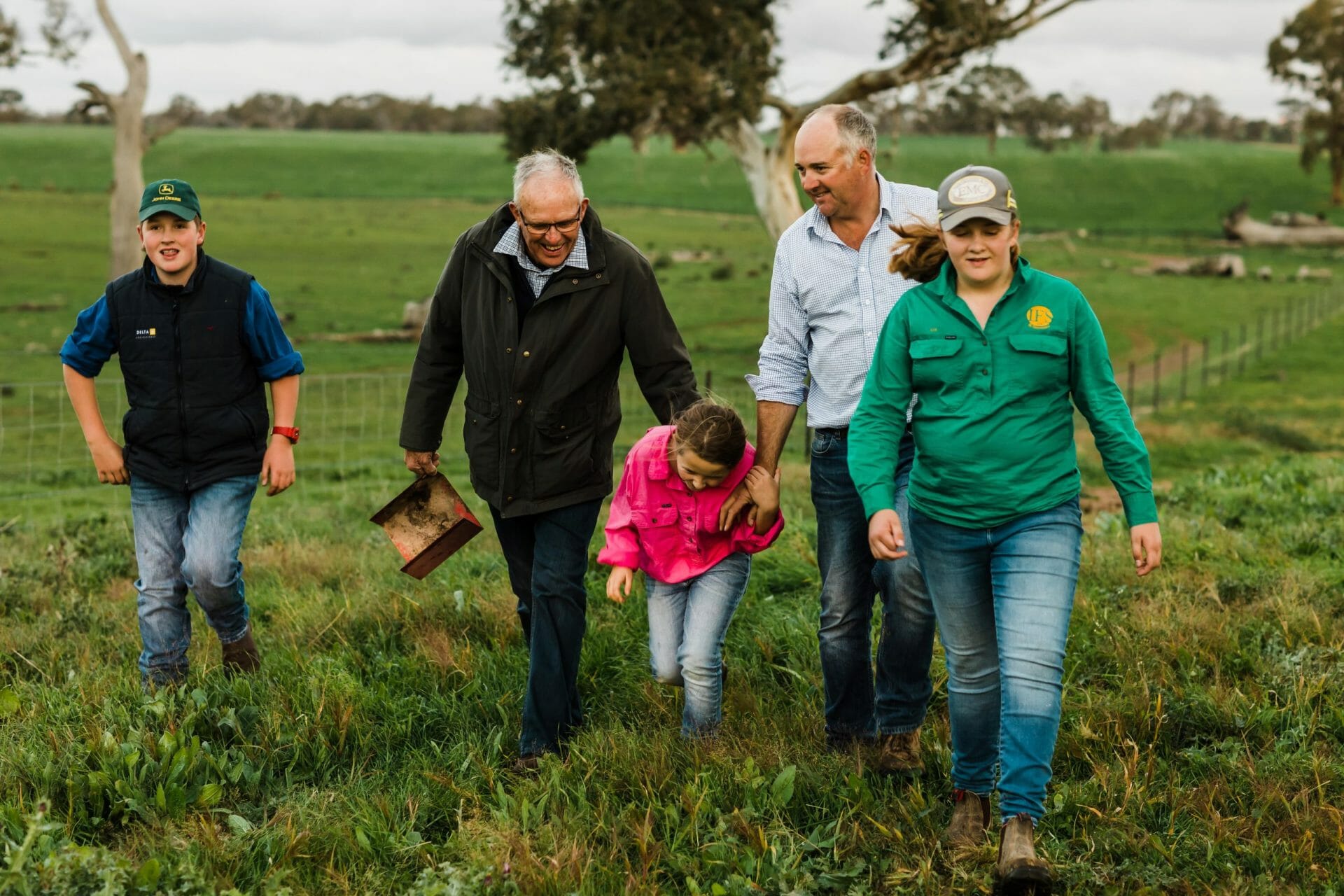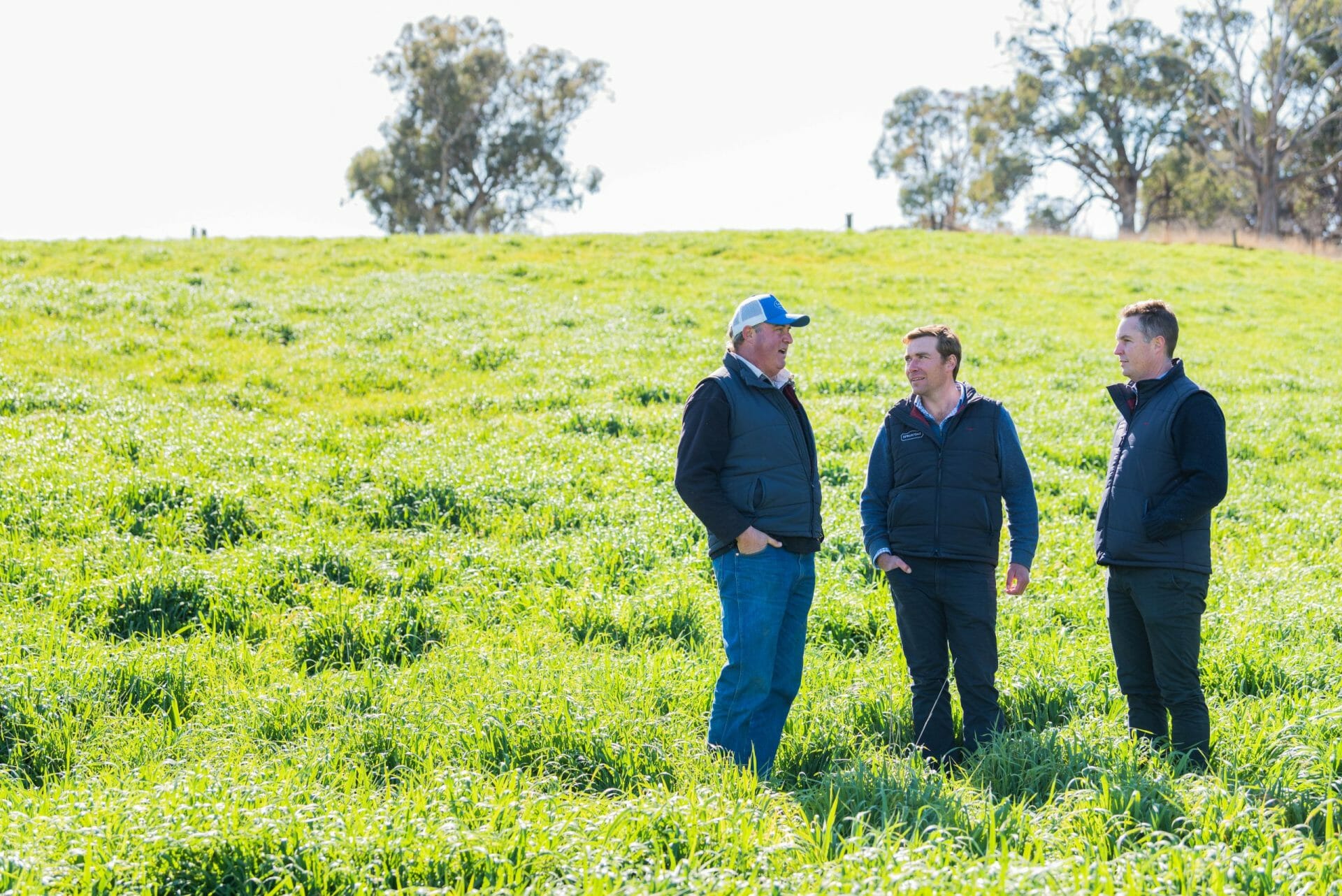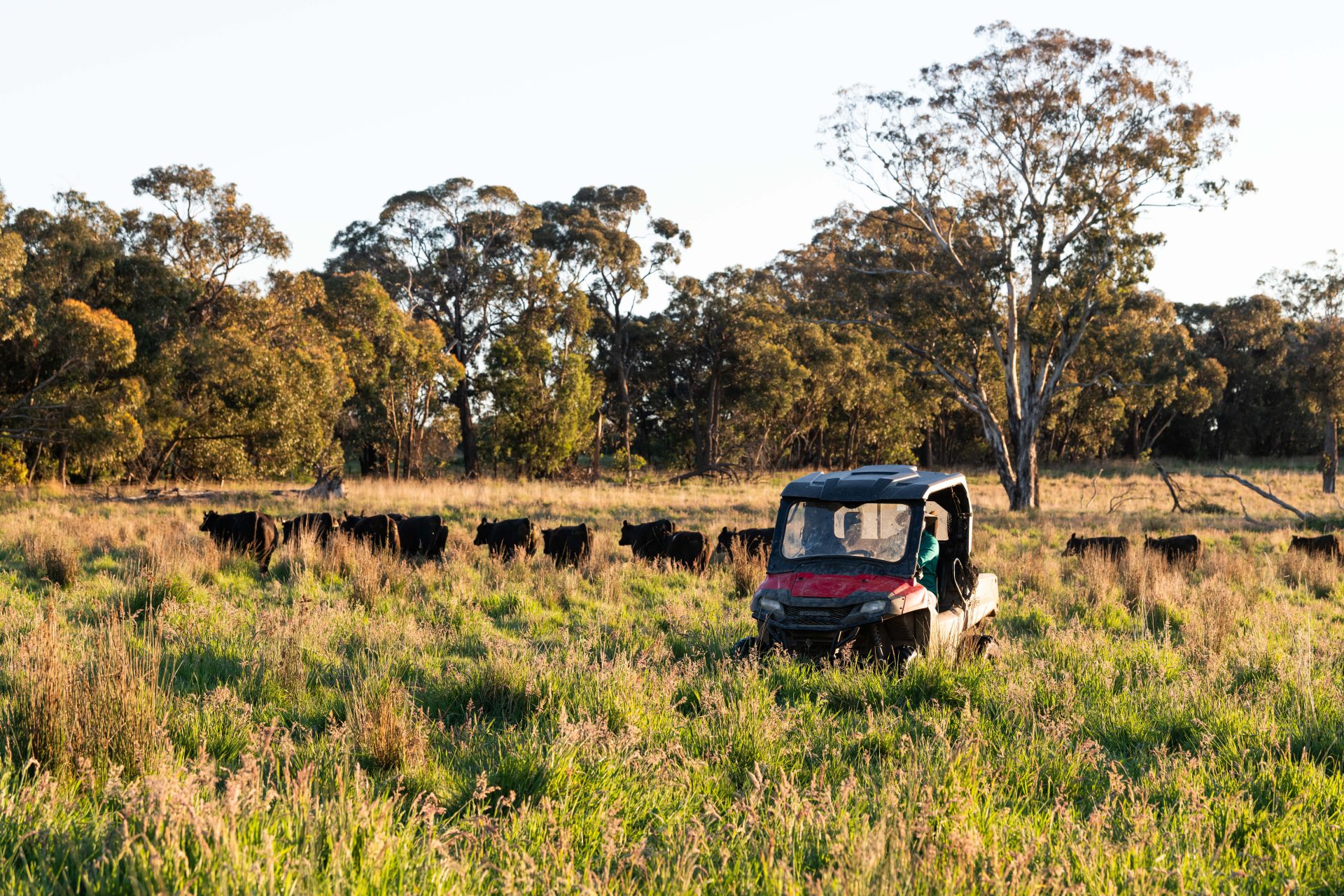Legacy Doesn’t Happen By Accident – Succession Planning Needs Strategic Planning
Significant life events can have a profound impact on succession planning, and keeping ahead of them can influence the success of a family’s succession transition. Ideally, the best time to start succession planning is:
- Before the next generation returns home to the family farming business;
- Before the next generation introduce a permanent partner; and
- Before the next generation start their families.
It’s important that the current generation (often ‘mum and dad’) start to lead the succession planning conversation and provide plans and guidelines before these significant life events take place.
Strategic Planning is Vital to be Succession Ready
At SproutAg, we see strategic planning as a key element in our succession ready program. By taking action before significant life events unfold, families can get ahead of challenges that may arise in the future. While the wider impact of these conversations and plans may not be immediate, it’s important to understand that these plans will set out guidelines to ensure a smooth transition from one generation to the next.
Guidelines for the current generation and family leaders to discuss can include:
- How do family members enter and exit the business?
- What are the asset policies for the business (working and non-working family members)?
- If the current generation were to stop working on the farm, how would they retire? Also, if they would like to continue to work, for how long?
- What are the roles and responsibilities in the business over time?
- Lifestyle post farm?
- The business plan around making this all work.
It’s important for families to remember that when making plans and setting these guidelines they are communicated clearly and frequently. It’s not just a one-time conversation for a family to have, particularly if there are changes made to the plans over time.
Having an Imperfect Succession Plan is Better Than No Succession Plan
The team at SproutAg make sure clients understand that sometimes things can change, and that succession plans may change over time. Your plans and guidelines should be set for where you are now. Aiming for perfection and overthinking the significant elements in your business and life can often deter you from undertaking this strategic plan, which would have a much greater impact on your business and family in the long-term.
Succession Planning is a Guide with Many Options, Not Set in Stone Rules
The plans and guidelines you set derive from your own core values, and are often a mix of your background, the family’s story, how you’ve been brought up and your own lived experience. At SproutAg, we believe it is the right of the current generation to set their plans and guidelines and communicate them with their families. We also believe that the earlier you start these discussions, the better the outcome for all involved.
What are the Advantages of Strategic Planning Early?
- Clarity to all family members.
- Clarity helps with expectations and also family relationships.
- Helps the next generation when they are choosing a career.
- Puts in place a communication program.
- Allows a business to continue or start to build assets and income to help with the plan.
- Any plan is better than no plan.
- Sets expectations for the whole family.


